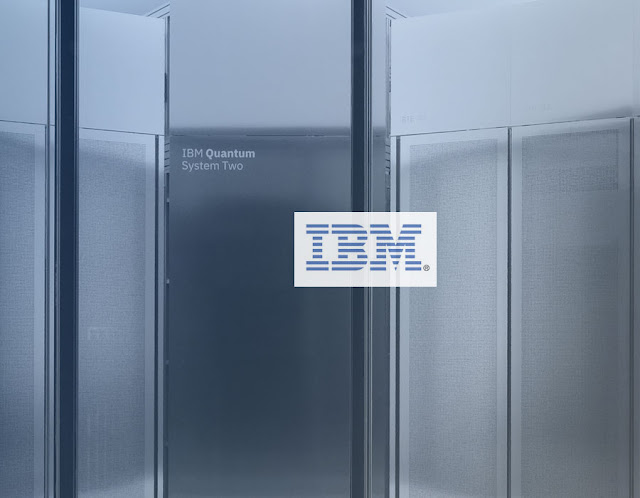IBM and RIKEN launched Japan's first IBM Quantum System Two in Kobe, integrating it with the supercomputer Fugaku to pioneer quantum-classical hybrid computing.
 |
| IBM and RIKEN installed Japan's first Quantum System Two in Kobe, linking it with Fugaku to unlock new frontiers in hybrid quantum-supercomputing research. Image: CH |
Kobe, Japan — June 24, 2025:
IBM, in strategic partnership with Japan’s leading research institution RIKEN, has unveiled the first IBM Quantum System Two in Japan, marking a historic leap in hybrid computing. Officially launched during a ceremony in Kobe on June 24, the system became the first of its kind deployed outside the United States and beyond IBM’s own quantum data centers.
Installed within the RIKEN Center for Computational Science (R-CCS), the system is physically linked to Fugaku — one of the world’s most powerful classical supercomputers — creating a groundbreaking platform for quantum-centric supercomputing. This initiative is part of Japan’s national R&D strategy under the "Project for Research and Development of Enhanced Infrastructures for Post-5G Information and Communications Systems," backed by METI and the New Energy and Industrial Technology Development Organization (NEDO).
At its core is the 156-qubit IBM Quantum Heron processor, IBM’s most advanced quantum chip to date. With a two-qubit error rate of 3x10⁻³ and a best-case rate of 1x10⁻³, Heron outperforms the previous-generation 127-qubit Eagle chip by a factor of ten. It also reaches 250,000 CLOPS (circuit layer operations per second), reflecting significant speed improvements in the past year.
The Heron processor’s performance now enables quantum circuits that surpass the brute-force capabilities of classical simulation. Its tight coupling with Fugaku allows RIKEN and IBM engineers to develop novel hybrid algorithms, optimize low-latency classical-quantum communication protocols, and test quantum-HPC parallel workloads that push the frontier of what’s computationally possible.
“The future of computing is quantum-centric, and with our partners at RIKEN, we are turning that vision into reality,” said Jay Gambetta, IBM Fellow and Vice President of IBM Quantum. “With Heron connected to Fugaku, we’re entering a new era of discovery.”
Dr. Mitsuhisa Sato, Director of RIKEN’s Quantum-HPC Hybrid Platform Division, stated, “By combining Fugaku and IBM Quantum System Two, RIKEN aims to develop practical quantum-HPC hybrid workflows that can benefit both science and industry.”
The installation is expected to accelerate quantum algorithm research, including studies like the recent Science Advances publication demonstrating how IBM-RIKEN’s sample-based quantum diagonalization techniques can accurately model complex molecules like iron sulfides—without the need for fully fault-tolerant quantum systems.
The ceremony featured remarks from RIKEN President Makoto Gonokami, IBM Japan General Manager Akio Yamaguchi, and officials from METI, NEDO, MEXT, and the Kobe Prefecture. The launch reinforces Japan’s commitment to building world-class high-performance infrastructure and positions it as a leader in the next era of computational science.